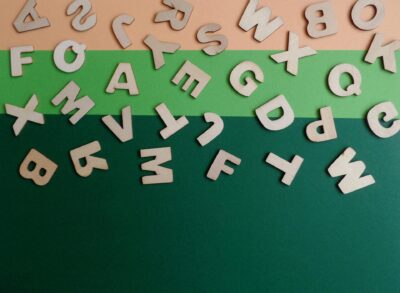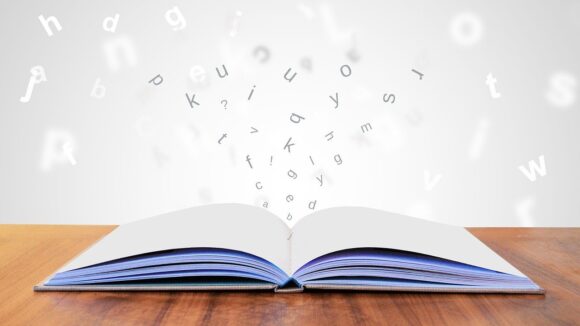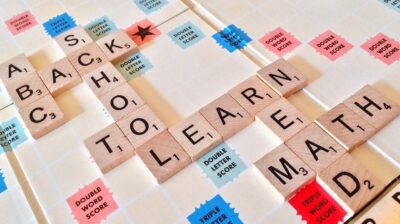
If you’re American, you’re surely familiar with the bone-sweating terror that is being called to the front of the classroom to participate in the spelling bee. Sure, the smart kids always love getting to show off their intelligence. But for those of us who are (understandably!) confused by English spelling, things are a little less fun.
If you’ve got a spelling bee coming up, it’s probably a good idea to study for it. But how are you supposed to study for a test when you don’t know what the questions will be? Here are a few tips from the pros.
Best Tips to Study for a Spelling Bee
- Get a study list from a teacher (or a word list, if your spelling bee has one).
If you’re studying for a school spelling bee or an end-of-semester quiz, chances are that your teacher has already put together a study list of terms you’ll want to practice before the big event. Ask your teacher if they’re willing to share the list with you. They might want to keep it private for fairness’ sake. In most cases, though, they’ll be happy to reward your initiative.
If you’re studying for a bigger bee, like the Scripps National Bee, you won’t be able to get an exact list of every word they’re planning to use. That’d make things far too easy! However, these big bees often offer their own word lists, like Scripps’ Words of the Champions list. They tend to be much longer and may not encompass all the terms that might pop up during the bee. But these lists still provide a great place to start studying.
- Figure out what words you already know – and what words you don’t. Color coding can help.
It feels rewarding whenever you get a word right, but that doesn’t mean you should waste your precious time reviewing words you already know. Go through your wordlist or study list and sort your words. We recommend a green list of words you already know super well, a yellow list of terms you need a bit more review with, and a red list of words that leave you totally stumped. Focus your time on each of these lists accordingly. Put most of your attention on the red words, slightly less attention on the yellow words, and only review the green words on occasion. As you get better at the more difficult words, you can reassess and move some terms around between the lists.
- Sort words into categories to make them easier to remember.
You can also sub-sort words into even more categories to help yourself remember them. Human brains are great at remembering groups and patterns. That’s why it might be helpful for you to sort all nouns together vs. verbs, or even to sort words by meaning. For instance, you might group together words that are related to emotions vs. words that are related to activities.
This is a big help because most spelling bees allow spellers to ask for the definition of a tricky word. If hearing the definition helps you remember what group you sorted the term into, it might help you remember other things about the word as well – like how it’s spelled.
- Make sure you know your root words, as well as common prefixes and suffixes.
English is one of the most confusing languages in terms of spelling. It pulls words from a bunch of different countries and tongues. However, there are a few root words and suffixes that pop up again and again. If you can learn how to spell these common building blocks, you’ll be less likely to make a mistake when spelling a longer word.
For instance, one root word in English is “pyro,” meaning fire. The root term ‘pyro’ appears in words like pyrotechnics, pyromanic, and pyrogenic – words that are related to fire and heat.
- Break words into syllables.
Breaking words into syllables is especially helpful for younger spellers. This strategy helps them to break down a longer word into more manageable chunks.
- Use apps to test yourself, like the Scripps Word Club app.
Scripps, of the famous nationwide Scripps Spelling Bee, offers their own app to help kids practice their spelling. A perfect fit for iPad-obsessed kids, this study method is a bit more engaging than just reading a dictionary, meaning it can inspire kids to study more.
Practice makes perfect. In this instance, that means quizzing yourself. After all, how can you be expected to get used to answering questions on the spot if you never actually test yourself? You can quiz yourself with flashcards or with study sites like Quizlet. Or you can ask a friend or family member to help you out. If you have time and the means, you might even want to try practicing in front of a large group of people.


